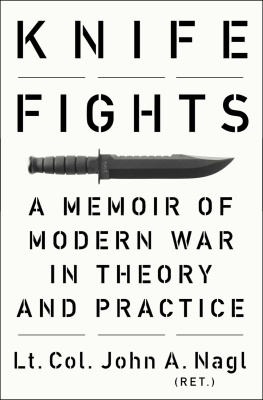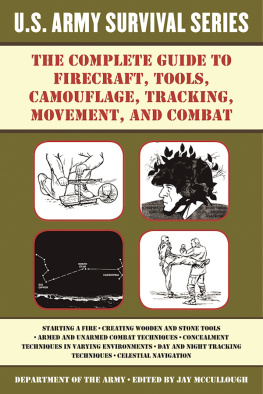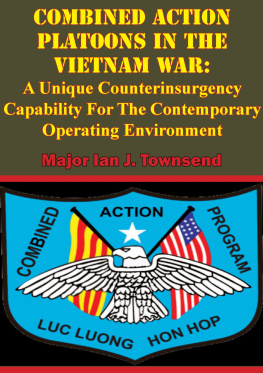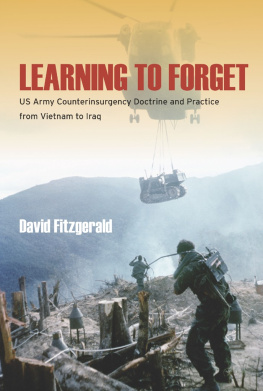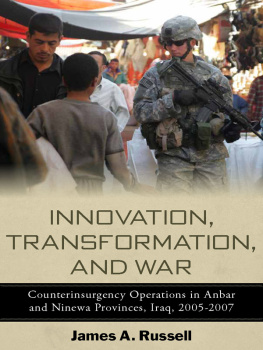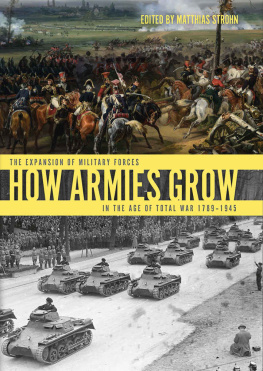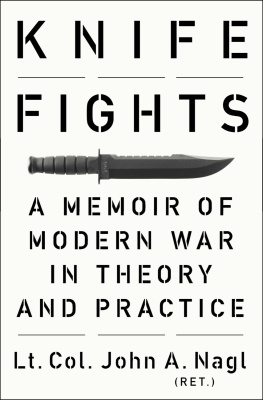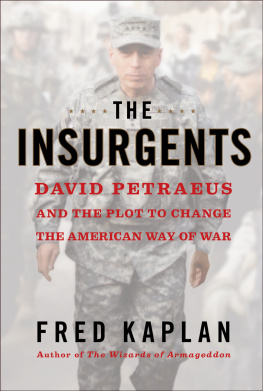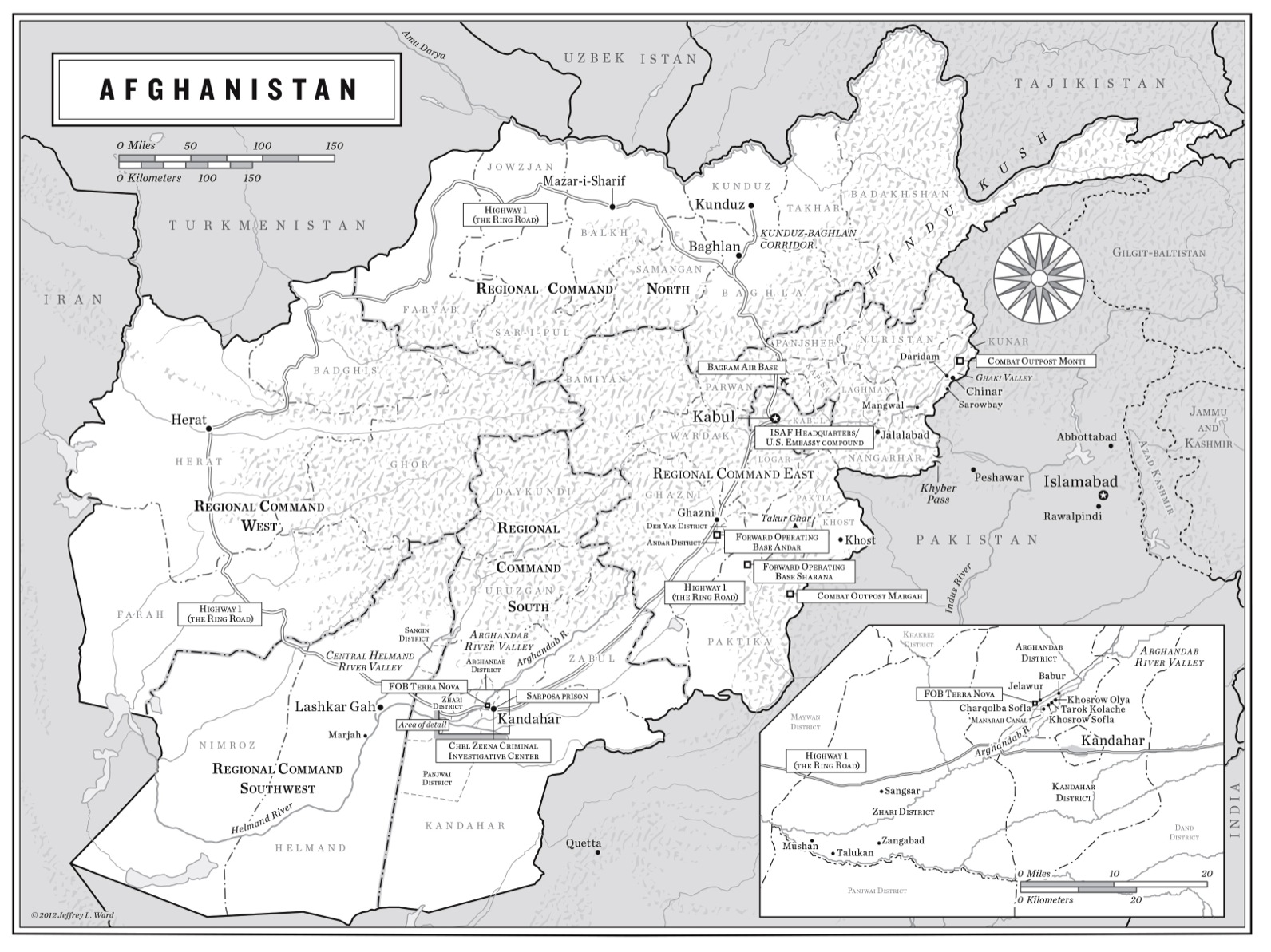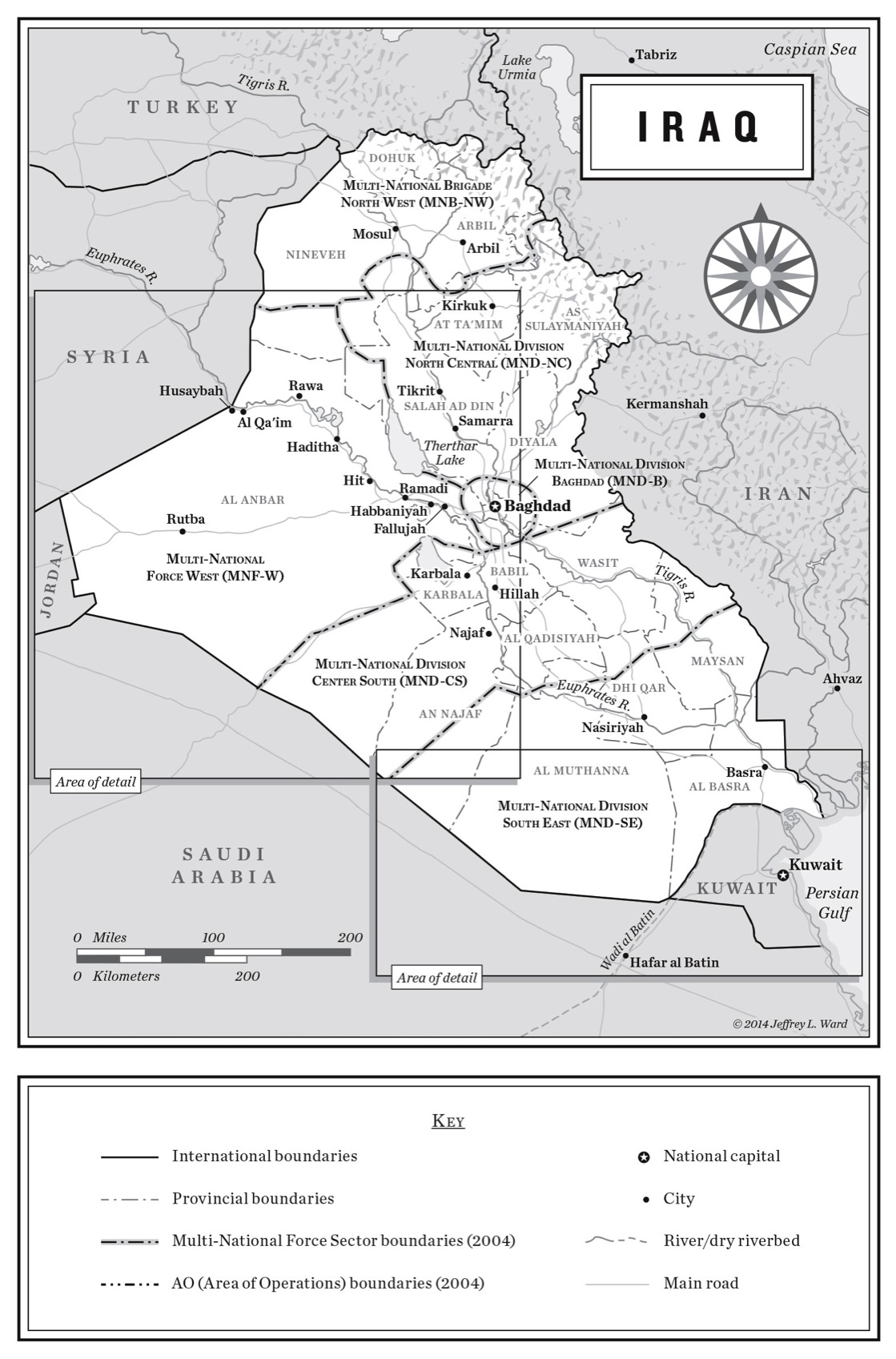A LSO BY J OHN A. N AGL
Copyright 2014 by John A. Nagl
Penguin supports copyright. Copyright fuels creativity, encourages diverse voices, promotes free speech, and creates a vibrant culture. Thank you for buying an authorized edition of this book and for complying with copyright laws by not reproducing, scanning, or distributing any part of it in any form without permission. You are supporting writers and allowing Penguin to continue to publish books for every reader.
Photographs courtesy of the author unless otherwise indicated.
FRONTMATTER MAPS BY JEFFREY L. WARD
Ghost Stories
I have put them away
kept them inside
the ghosts of the lieutenants
and the Captain
and the First Sergeant
their bodies torn by shrapnel
or a snipers bullet
or gone
just gone
into hundreds of shards of flesh
the size of my still living hand
but they have been standing watch over my dreams
and now they will not go away.
If you have been to war
if you have held a microphone in your hand
begging for MEDEVAC
with the blood of your friends on your hands
pouring out your soul over the airwaves
to keep your friends from becoming ghosts
from joining the shades in an unholy company
of men who have given
limbs and eyes and hearts
If you have held that bloody hand mike
then you will never forget that day
that day when time stopped and life stopped
and never really started again
no matter how hard you try
to make the ghosts go away.
Here, bullet.
Here.
Take me.
So that I can join the ghosts
so that my company will again be complete
armless legless eyeless
a company of memories
a company of shades.
Take me again to the land of the Two Rivers
where the Tigris and the Euphrates meet
where the elephant grass grows man-high
in the irrigation canals.
We will return to the warren of Baghdad streets
where the women wail
and the children beg
and Bulldog Six will issue commands and
Apache Red One will take point and
Bulldog White One will grin again
that wonderful grin he had
full of joy
back when he still had a face.
We will join the company of ghosts
who were our enemies
who waited for us in alleys and in canals
who wore sandals and man-dresses
and spoke in a language we could not understand
and fought for reasons we could not understand
but they fought well
these men we turned to ghosts.
They fought us
and we fought them
and now we are all together
what is left of us
in the halflight shadows inside my head
where I see ghosts
ghosts
that will no longer leave me.
Adapted from the authors review of Brian Turners Here Bullet
Contents
Preface
T his is a book about modern wars and how they affect the lives of young men and women. It is a tale of wars that needed to be fought and wars that were not necessary but that happened nonetheless, at enormous cost in blood and treasure. It is also an intellectual coming-of-age story, that of both the author and the institution to which he devoted most of his adult life, the American military. It is a book about counterinsurgency and its journey from the far periphery of U.S. military doctrine to its center, for better and, some would argue, for worse. It is also, then, a book about Americas role in the world, and specifically about when and how we use military force abroad in the name of national security.
The book largely takes the form of a memoir, which feels somewhat self-indulgent to meI was very much more shaped by than shaper of the events this book relates. But my hope is that following the arc of my own learning curve will be the easiest way for a reader to understand the broader story of the American militarys radical adaptation to a world of threats very different from those involving nuclear weapons and Soviet tanks massed at the Fulda Gap that I studied at West Point a generation ago. Following that arc will also help to explain why, after decades of responsibility for the lives of American soldiers, I have recently shouldered the responsibility to prepare another generation of young men for a life of service far from the battlefield, in the classrooms and on the playing fields of friendly strife as the ninth headmaster of The Haverford School.
The U.S. military changed quickly after 9/11not quickly enough from the perspective of those we lost and had injured, but quickly indeed by the standards of very large, hierarchical institutions. Some say the military in fact has changed too quickly, embracing counterinsurgency with a fervor that has had unforeseen negative consequences. I do not take that view. This book is not a pep rally, not a victory lap around counterinsurgencys successes in Iraq, and certainly not in Afghanistan, where they have been thinner on the ground. But as the historian Arthur Schlesinger, Jr., liked to say, the right question is often Compared to what? Any intellectually serious reckoning with Americas post-9/11 wars has to contend with what the alternatives were once the decision to invade Iraq had been too hastily made and too poorly implemented. In the wake of mistakes there are sometimes no good choices; in both Iraq and Afghanistan, counterinsurgency was the least bad option available.

